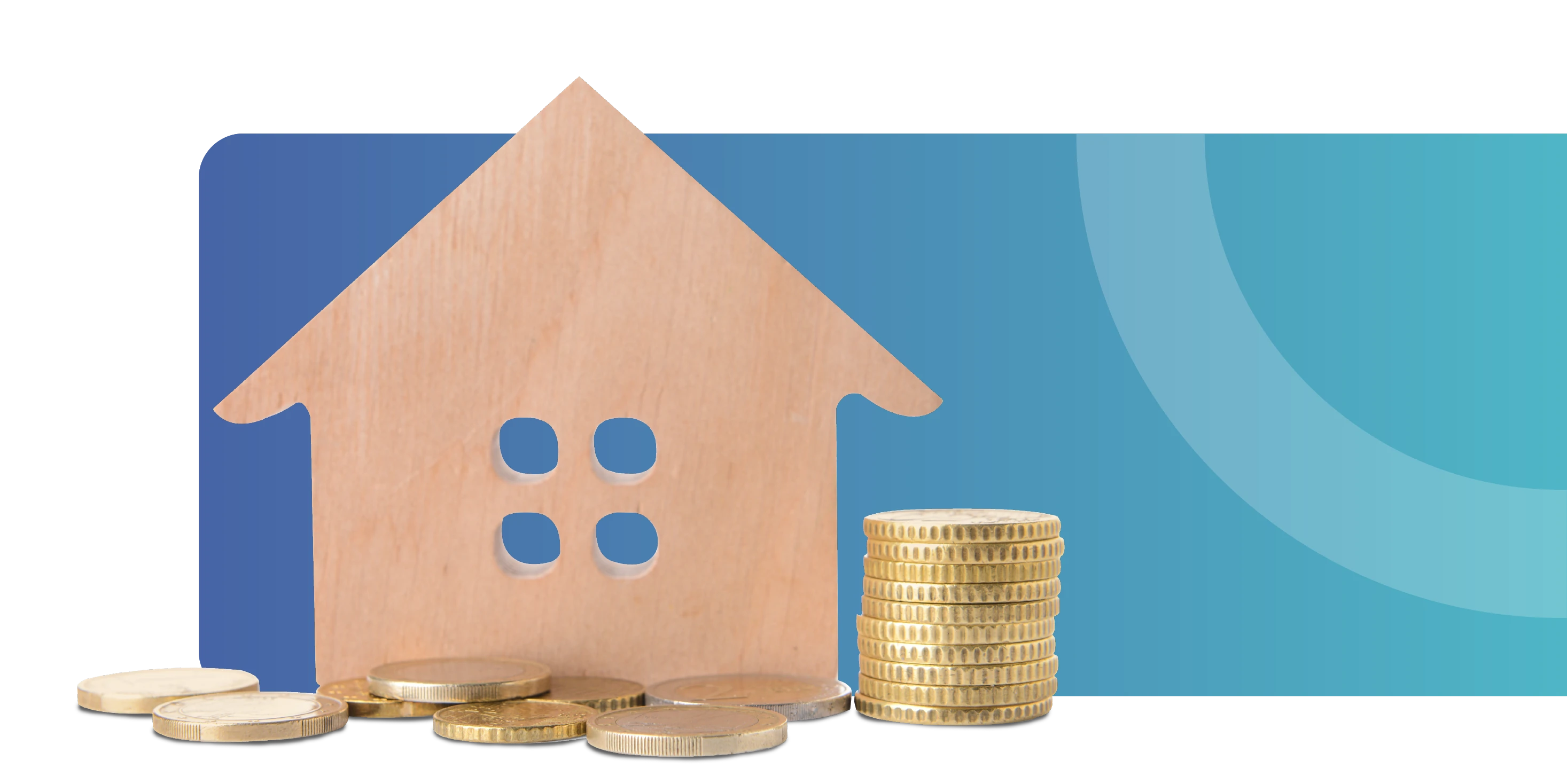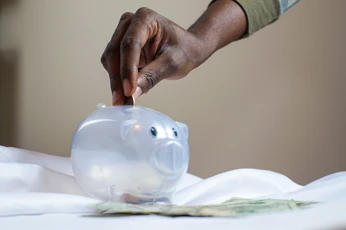Buying a house is one of the most significant financial decisions most people will make in their lives. While owning a home can be a rewarding investment, it can also come with several costs, whether hidden or not. These can include anything from Stamp Duty to legal fees and it's important to be prepared.
Upfront fees
Upfront fees will consist of anything you need to pay as a once off, and if you haven't budgeted for them they can come as a bit of a surprise. We want to make sure you don't get tripped up by anything unexpected, so here's some of the upfront costs you need to consider:
Stamp Duty
The amount of Stamp Duty you pay will depend on where you bought the property, how much you paid for it, and whether you're eligible for relief. You can use a calculator to get a more accurate idea of what to expect.
Deposit
Typically, homebuyers need to pay a deposit of at least 5% but some lenders may ask for 10-20% of the purchase price. There are plenty of incentive schemes available to help first time buyers currently saving for a deposit.
Legal fees
You'll need a solicitor or conveyancer to carry out the legal legwork when you're buying or selling your home. Fees can range from a few hundred to several thousand pounds, depending on your needs and circumstances.
Valuation fee
Before approving the mortgage, the lender may require a valuation of the property to determine its value. This valuation fee is typically paid by the homebuyer and can range from a few hundred to a few thousand pounds.
Surveyor's fees
It's important to get a property checked by a surveyor when you're thinking of buying. This will give you a detailed overview of any defects or hidden issues with the property. Prices will vary but you'll likely pay a few hundred pounds.
Advice fees
The fees for mortgage advice can vary, and advisers may charge a flat fee or a percentage of the mortgage amount. Some advisers charge an upfront fee for their services while others only charge if the mortgage is approved.
Ongoing costs
Owning a home is a significant financial responsibility but it isn't anything so overwhelming that some good planning and budgeting can't handle. By understanding what fees and expenses you can expect on a monthly basis, you can ensure that you're financially stable.
Mortgage repayment fees
Your mortgage repayments will depend entirely on the size of your mortgage, how much of a deposit you put down, and what your interest rate is. These may vary based on the type of mortgage you took out and could fluctuate monthly.
Taxes and service charges
This could include anything from council tax to waste collection, depending on the area you live in and what your local council provides. If you own a leasehold property, you may have to pay ground rent, and your property may be subject to other service charges, so be sure you're fully aware of what you may be expected to pay.
Insurance and protection
All homeowners should ensure that they have accounted for every eventuality, including sickness, death, and accidents. A home is a big investment and should the worst happen, you want to ensure you and your family are protected against every eventuality.
Try out some of our calculators
Important information
Your home may be repossessed if you do not keep up repayments on your mortgage.
There may be a fee for mortgage advice. The actual amount you pay will depend on your circumstances. The fee is up to 1% but a typical fee is 0.3% of the amount borrowed.
Latest articles
Busting the myth of the big deposit
You can get on the property ladder without a large deposit. Here's how.
How to manage your own finances
Let’s discuss getting your finances in order, so that you're in a great position to get a mortgage when the time comes.
What does the interest rate rise mean for me?
The Bank of England has increased the interest rate to 5% - but what does this mean for your mortgage?
No posts currently available




